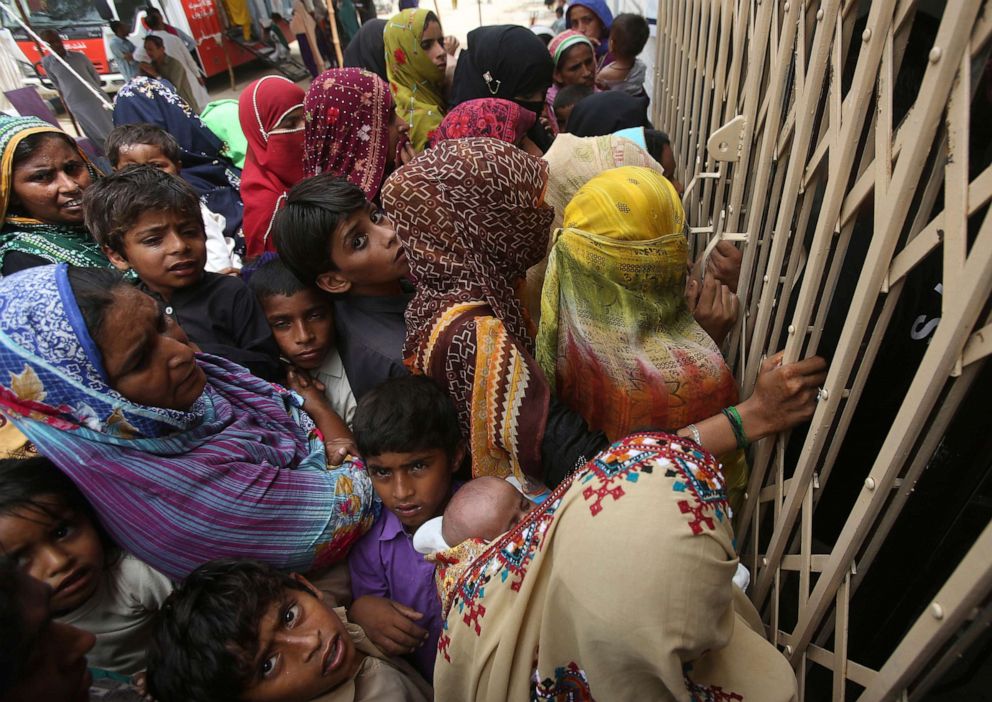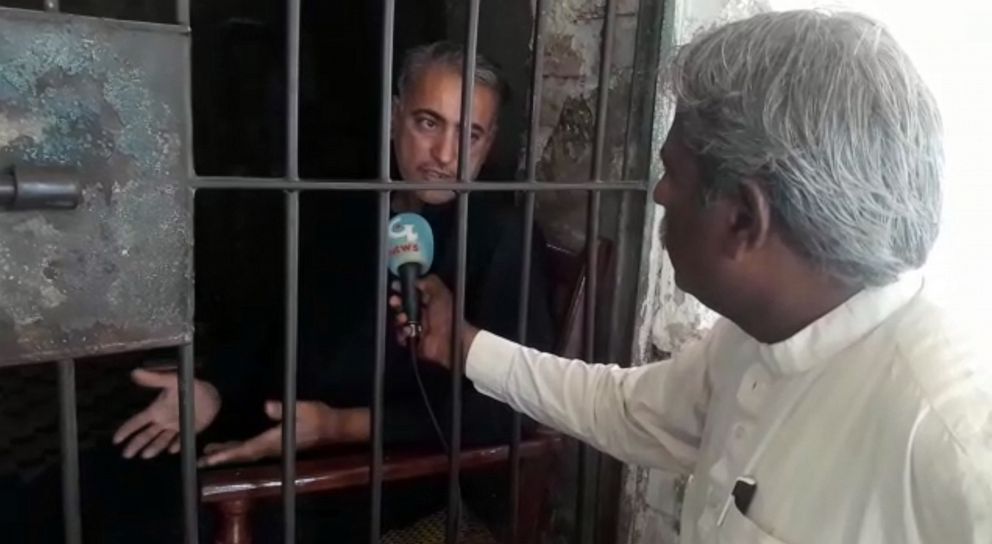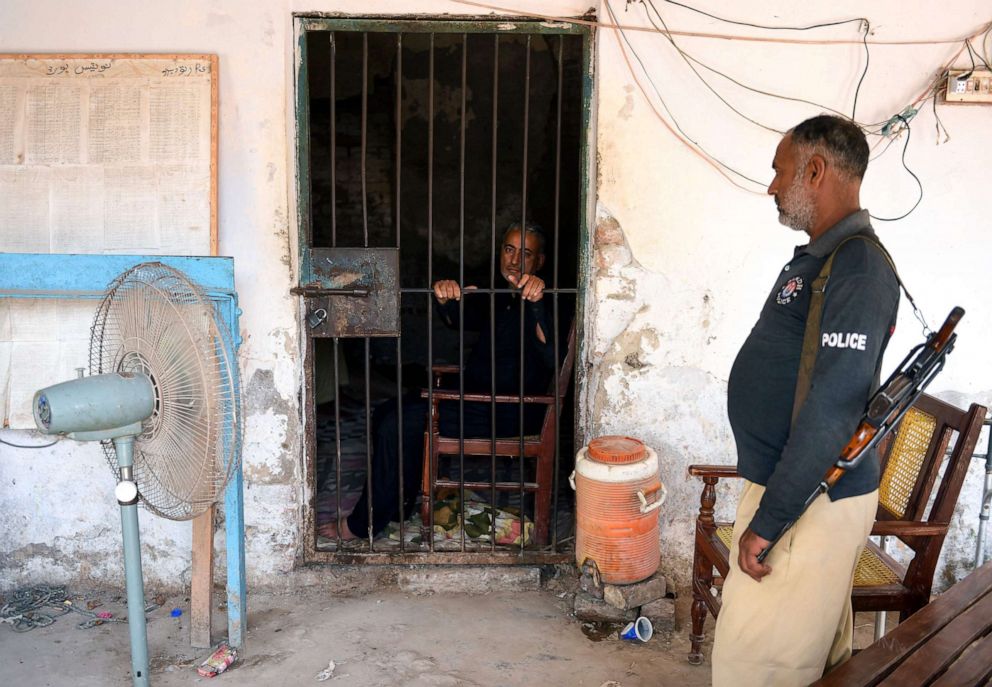Doctor under investigation in Pakistan for allegedly knowingly spreading HIV
Over 600 patients have been diagnosed.
ISLAMABAD -- Nazar Shah, a resident of Ratodero, Pakistan, cried holding his 2-year-old daughter Fatima and praying to God to "protect and cure the beautiful gift He has given them."
He was confused about how Fatima could have contracted the deadly virus when neither he nor Fatima's mother have it, he told ABC News.
Shah is not alone in his shock and confusion. An HIV epidemic has been discovered in the Sindh province of Pakistan and is being linked by officials to a local physician.
By the latest count, 617 patients were diagnosed as HIV positive out of 20,880 patients screened, according to Dr. Sikandar Memon, manager of the Sindh AIDS Control Programme. Of those HIV positive cases, 503 are children and 114 are adults. According to official figures, there are 23,000 registered HIV positive patients in Pakistan overall.
Memon told ABC News that while an investigation is still going on, the reuse of syringes and unsafe blood transfusions are believed to be the main causes of the spread of the virus.
"Dr. Muzaffar Ghanghro is in judicial custody," senior police official Kamran Nawaz told ABC News. Charges against the local doctor include "infecting children with HIV with the reuse of syringes," Nawaz said.

Ghanghro told a local journalist officials "shifted the blame to me to cover up themselves."
"A doctor is not anybody's enemy," Ghanghro said. "Allah provides cure; we just try."
He has not yet been assigned a lawyer.

Nawaz said the final investigation report will be in by the end of the week.
To serve the local population, Memon said the government has established camps at various sites to screen for HIV.
Fear has gripped entire villages of the Sindh province. "It's a curse and a punishment for our sins," Yousaf Sheikh, a resident of Larkana, told ABC News.
There is also concern the epidemic may be spreading in other parts of the province. Villagers are travelling to centers in hot weather this month, which is also Ramadan, to get screened.

Meanwhile, Memon says insensitive media coverage of the epidemic has had a huge social cost for some.
According to him, a local milkman complained that people have stopped buying milk from him after his story of being HIV positive came out in the media. Now, he can barely make ends meet.
Memon worries about HIV positive children growing up with a major stigma around them.
All the while, the number of HIV patients is increasing every day as new patients are screened at the camps.




